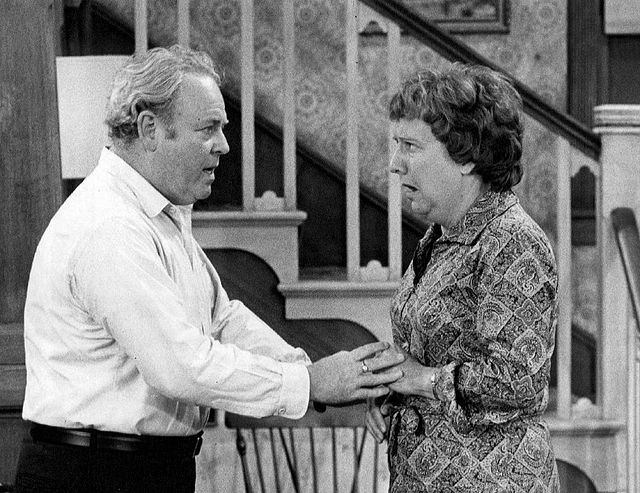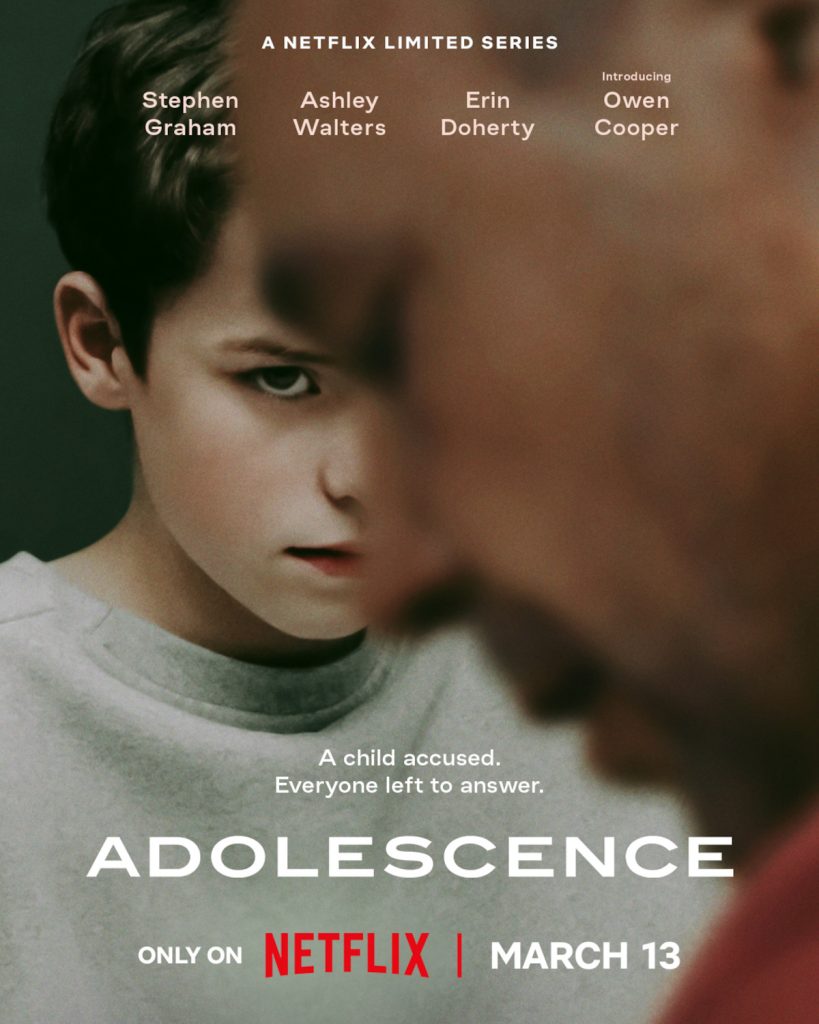Self-Conception – Consider Narcissus
Pardon my adding a preface to an already long piece, but I need to let the handful of people who have been faithfully supporting this blog know that, for now, this is my last update.
Not to be a downer, but… I’m exhausted. Overall. In life. A few months shy of my 60th birthday, I’m looking back on decades of frantic activity, or a consistent drive to always be accomplishing things, and I’m asking, “What the hell was THAT?”
In the word of Basil Fawlty: “That was your life, mate.” “That was quick. Do I get another?” “Sorry”
I’ve overloaded myself with things to do, and, again not to be a downer, they haven’t amounted to much in the long run. And now I’m very, very tired. I realize that it’s time to not have so many deadlines hanging over my head. And the ones I can eliminate are the self-imposed ones, like writing every day even when I don’t feel up to it, and publishing a blog entry every week, even when I don’t have a topic.
Funny thing is, I DO still have topics. And I may write about them. But for now I’ve got to stop feeling like the earth will not spin if I don’t write. I hope that’s okay. I appreciate all of you who have taken time out of your own busy days to read my words. That seems to be a thing that’s fallen out of fashion, reading. I’m glad you took the time to be unfashionable with me.
Anyway, here’s Narcissus. And I’ll be back in this space, well… when I’m back
“Who am I?” It’s a good question, isn’t it? A lot of us, perhaps unconsciously, rephrase that question to “What am I?” The answers?
I am a father/mother/son/daughter
I am a husband/wife/partner
I am a Caucasian/African/Asian/Latin
I am a Christian/Jew/Muslim/Pagan/atheist
I am a heterosexual/bisexual/gay person/transgender person/queer person
I am a Republican/Democrat/libertarian/socialist
But you’re not any of those things, not in total–partially because none of those are things. They are concepts, symbols that mean different things to different people. They are qualities, labels or abstractions of things that can be observed about us. But I, as a human being, am not identical to the concept of “a Christian.” There is no such thing as “a Christian.” There are billions of individuals, past and present, who belonged to Christian churches or professed Christian beliefs. Each one of them is different to all the rest.
Continue readingNarcissus – A Complex Guy
I’ve been working on a novel. Big shock, right? Actually, I have four or five novels in progress, but the one that seems closest to the point of, well, getting written is one that has had me researching everything from Benjamin Banneker to the history of the Kamikaze, from the effect of trauma on the developing brain to the theories of ego and brain evolution. Oh, and I had to study the history of the Dalai Lamas. In the course of making a lot of notes and brainstorming, I wrote the core of an essay about Narcissus. That must have been when I was studying up on ego. It’s not going into the novel, even if the thing gets written, so I’ve expanded it here.
Most of us know Narcissus because he has a personality disorder named for him. Sufferers are known to have inflated opinions of themselves, to be in love with themselves. Those of us unfortunate enough to have had narcissists in their lives know they actually are victims of tragic insecurity and low self-esteem, and that they will stop at nothing to control the people around them and separate those they “love” from any family or friends who might be a threat to that control.
But the “real” Narcissus didn’t want to control others. Indeed, he largely wanted to avoid them.
Continue readingWhen Non-entities Go Bad: Netflix’s Adolescence
Okay, right up front: SPOILERS herein.
These first paragraphs are safe. Then you’re on your own. If you haven’t watched Netflix’s mega-popular four-episode crime drama, and you don’t want to know what happens, stop reading when I say, “STOP.”
I am not recommending that you watch the series, by the way. It is intensely disturbing and will probably haunt you. I am not saying not to watch it, either. It is very well-made and the acting and camerawork are first-rate. Each episode was shot in real-time as one take, so you’re basically watching four expertly filmed plays. The plot: a thirteen-year-old boy is charged with murdering a classmate. Four episodes show the impact on the suspect, his family, his school, and the police officers and psychiatrist who investigate the case.
STOP! SPOILERS.
Continue readingMoms and Dads and Sociopaths, a Literary Exploration
How much of literature depends on undiagnosed sociopathy?
Better question: Does conflict in classic children’s literature depend on undiagnosed sociopathy?
The stories we read as kids—and, for many of us, continue to enjoy as adults—often feature the child protagonists being treated, well, badly by the adults around them. From Tom Sawyer to Harry Potter, from Hansel and Gretel to Oliver Twist, stories in which kids are disrespected, abused, even subject to being fattened for the slaughter, are popular. Perhaps that’s because kids tend to live in a world they don’t understand, but which often seems hostile to them?
Some of these stories depict characters like Voldemort, or Hansel and Gretel’s cannibal witch, who are just deranged and evil. But almost all of these stories also feature “normal” people who don’t receive a villain’s comeuppance, who are also pretty awful to the kids. The Dursleys in Harry Potter, not to mention a lot of Hogwarts faculty members, and the stepmother in—well, damn near any fairy tale. Anderson and the Brothers Grimm obviously were not concerned about their fiction being inclusive for blended families. (The Stepmothers sometimes did receive comeuppance.)
Voldemort and the witch are psychopaths, obviously. But do these stories not also depend on a subtler kind of evil, an evil accepted by the “normal” and well-meaning adults in the children’s lives–poor, dim adults that they are? By the standards of the times of Twain, the Grimms or Dickens, such people, who loved God but hated children, may have been considered “upstanding citizens.” But were they, in fact, sociopaths?
A sociopath is popularly defined as a person who lacks a conscience or empathy, but sociopathy is just that—a popular term, not listed in the DSM V, which is the authoritative listing of recognized mental disorders. What is in the DSM V is Antisocial Personality Disorder, and it aligns with the popular concept of sociopathy, being “characterized by a long term pattern of disregard for, or violation of, the rights of others. A low moral sense or conscience is often apparent, as well as a history of crime, legal problems, or impulsive and aggressive behavior.” (Wikipedia)
Continue readingTen Rules for Building an Automated Phone Menu
This is just a bit of silliness that came to me while attempting to refill a prescription this week. I’ve reached the age where I pretty much always have a prescription waiting for me, so I interact with that particular phone menu a lot.

Back during my previous work-life, my boss came to me and said, “I’m thinking of installing an automated phone system on our main number.” I cheerfully responded, “In God’s name why?” I think I also suggested that, if he nurtured a pathological hatred for our public, he should seek therapy. The answer, of course, was that the admin staff fought over whose turn it was to answer the phones and each jealously tracked the number of hours they had to do so up against the number of minutes their co-workers did.
Now, I was fairly senior in leadership, but I believed in pitching in. I offered to answer the phones, if someone would train me on the intimidating, button-studded sidecar that attached to the designated hardware and on the Byzantine maze that was the set of flip cards for finding extensions and outside numbers. I was never trained. Maybe it had something to do with that fact that I consider, “In God’s name why?” a cheerful response.
Continue readingMaryland’s 90-Percent Fail
This week, these nine members of Congress from Maryland voted along party lines in favor of a government shutdown. While their staffs flooded constituents with emails about how much they’re doing for the already-displaced federal workers, they voted to stop the pay and the public service of over six million more.

From the House, freshmen members John Olszewski Jr., April McClain-Delaney and Sarah Elfreth joined 44-year veteran Steny Hoyer, as well as Glenn Ivey, Kweisi Mfume, and Jamie Raskin were among the almost-unanimous Democratic Party rejection of an eleventh-hour attempt to prevent shutdown.
In the Senate, Maryland’s Chris Van Hollen and Angela Alsobrooks ignored Senate Minority Leader Chuck Schumer’s appeal to reason and also voted for shutdown.
Old news? Not really. The federal government is only funded through September, which means, in six months, this piece of political theater will be revived, probably to even more dismal critical response. Is this an effort to stay in the news as the Executive Branch grabs all the headlines? If so, it’s ironic that our elected “representatives” can only be relevant by not doing their jobs.
Continue readingThe Only Thing We Have to Fear
“…the only thing we have to fear is…fear itself — nameless, unreasoning, unjustified terror which paralyzes needed efforts to convert retreat into advance.”

It’s unusual that I quote Franklin Delano Roosevelt. Overall, I’m not a fan, but the man knew how to make an emotional impact on his listeners. He spoke the words above during his first inauguration to the U.S. Presidency, March 4, 1933.
America was in the middle of the Great Depression, the worst economic downturn in our history as a nation. People were angry, tired, desperate… and scared. F.D.R.’s proposed, with his New Deal programs, to calm that fear and address the very real suffering of the population. Current wisdom says The New Deal did not end the Great Depression, (more here) but he did take positive steps to end suffering.
And he was right about fear. There’s no emotion more paralyzing, nor more counter-productive. Even avarice and blind lust drive us to do something. Fear stops us in our tracks, unless it becomes panic. Then it does make us do something, usually something very stupid.
Continue readingThe Economic Blackout – What is the Message?
I’m posting a bit early this week, because I wanted a little lead time. There’s an event scheduled to begin Thursday. I want people to think carefully about that event.
A lot of my family and dear friends–very nice people–have been sharing a flier calling for an “Economic Blackout” to begin at midnight on February 27th and last throughout February 28th. The flier is headlined, “As our first initial act, we turn it off. For one day we show them who really holds the power.” It then instructs us to not make purchases, that if we must spend, we should do it only at small local businesses, and we should not use credit or debit cards.

“If we disrupt the economy for just ONE day, it sends a powerful message,” it says, then closes with the vaguely sinister statement, “This is our first action.”
If you firmly support this effort, I’m can’t change your mind. You have to obey your own conscience. But I ask you to join me in considering a few questions.
Continue readingI Blame Norman Lear
I do.
Well, not for everything that’s wrong, but for one specific American obsession that’s causing us no end of trouble at this moment. That obsession is our unbridled romance with “The Tell-Off.”

Let me back up. I am a huge fan of Norman Lear, and the above statement is mostly tongue-in-cheek. The late, great Mr. Lear brought us, beginning with All in the Family, entertainment that challenged our deepest-held beliefs and forced us to consider the topics that nice people just didn’t talk about. He gave us the Jeffersons, Sanford and Son and Good Times, changing as he did the way the majority of America saw an important minority group– onewhose history was just as “American” as that of countless families of White, Anglo-Saxon Protestants. He gave us Maude and One Day At a Time, making us take a hard look at the roles of women in America. He founded People for the American Way to stand up to the Moral Majority, and he shared with me a great love for the Declaration of Independence.
But, if you watch enough of his shows, you see something happen again and again: The Tell-off. Many, if not most, of the episodes climaxed with one of the main characters, dripping with moral outrage, wreaking verbal havoc on the episode’s “big bad,” making their opponent look small. It was immensely satisfying. Some of those beats were brilliant: Edith finally telling Archie to “Stifle!” is the standout, but I also loved George Jefferson’s response to a boorish client who told him that, because he stood up for his maid Florence, he could kiss their proposed contract goodbye. “I ain’t gonna tell you what you can kiss,” quoth George.
Classic 70s put-down.
Continue readingTesting the Limits of the Welcome Mat
Many of my readers (and a lot more readers than I often have!) congratulated me on last week’s post, the text of my Friday night speech at Farpoint. A lot of members of the audience congratulated me too. That was very kind of all of you, and it’s nice to know my words hit home. A writer is a performer, and all performers live for audience feedback.
Unfortunately, last Saturday evening, the parameters I had laid out, for who is and should be welcome at our convention, were tested. That test has caused me a lot of soul-searching.
Here are the facts:
One of our regular attendees approached me late Saturday night to complain that another of our regular (so I was told) attendees was wearing a MAGA hat. The complainant wanted the other woman to remove her hat for the duration of the weekend and suggested that at least the hat and possibly the woman did not belong there. [There was a D.J. playing music.]
Continue reading



